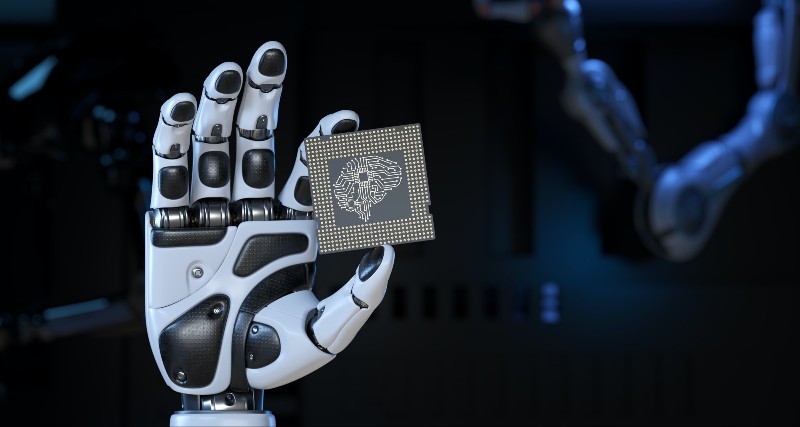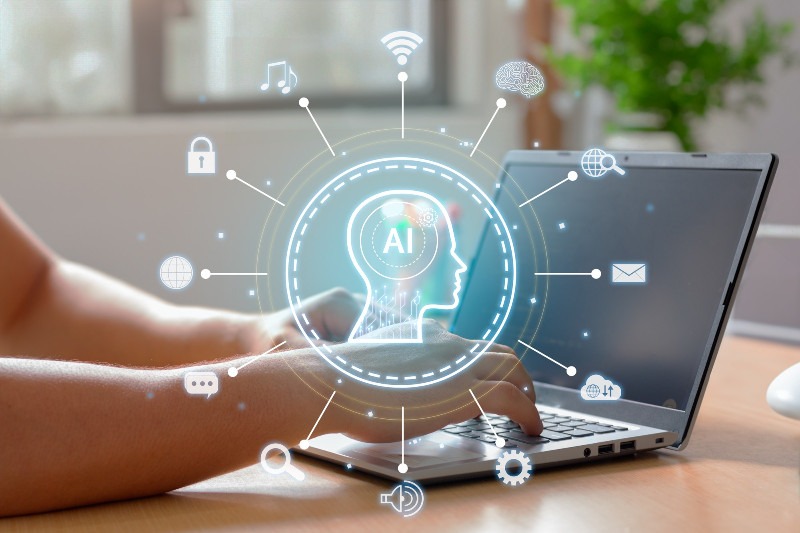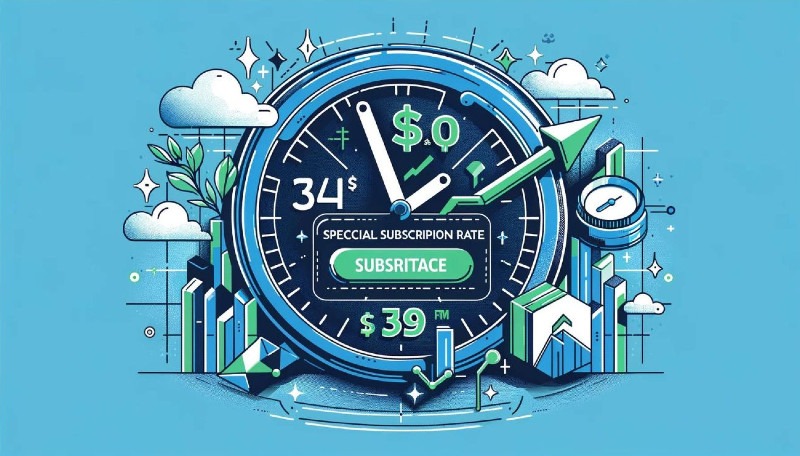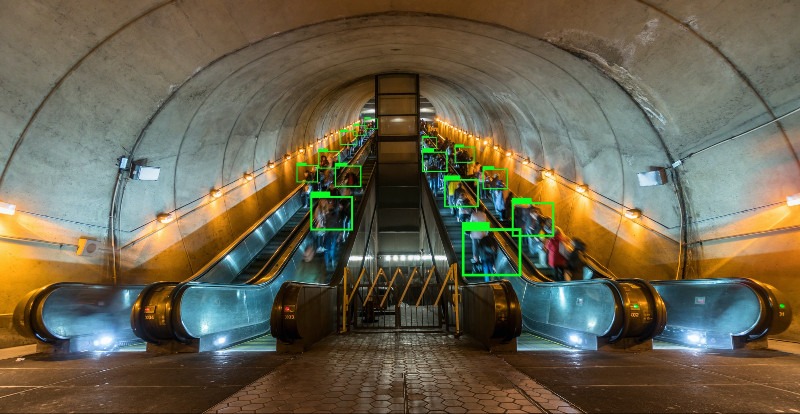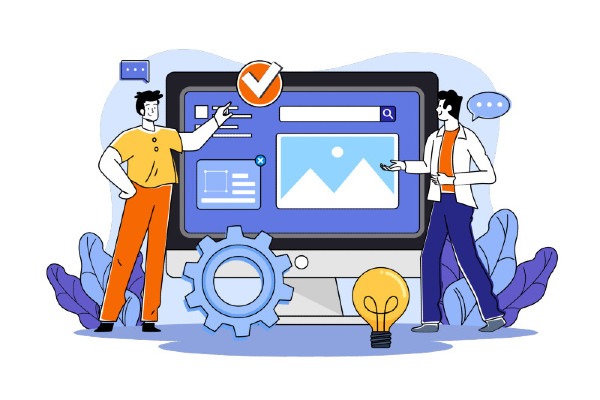Welcome to the world of Black Box AI, a realm where technology feels like a magic show! Black Box AI is like a magician’s hat: we see the rabbit being pulled out, but we don’t know how it got there. This makes Black Box AI both fascinating and a little mysterious. It’s used in many areas, from your smartphone apps to self-driving cars, but how it works can be quite puzzling, especially for those of us who aren’t tech wizards.
In this journey, we’ll unravel the mysteries of Black Box AI in a way that’s easy to understand, even if you’re not a computer genius. Think of this as your guide through a maze of high-tech wonders. We’ll explore how it’s used in marketing, by students and educators, and even in understanding the legality of these smart programs. Let’s dive into this intriguing world and discover the wonders and challenges of Black Box AI!
Marketing
In the world of marketing, Black Box AI is like having a super-smart assistant who knows exactly what customers want. It can look at tons of data – like what people buy or click on online – and then make really good guesses about what they’ll like next. For businesses, this is like finding a treasure map to what their customers might buy.
But, it’s not perfect. Sometimes, this AI might get things wrong, like suggesting winter coats to someone living in a hot place. This is because it’s making guesses based on data, and data isn’t always perfect. For marketers, understanding Black Box AI is key to using it wisely, making sure they’re reaching the right people with the right messages.
Students and Educators
For students and educators, Black Box AI is like having a futuristic teacher’s helper. It can help create personalized learning plans, making sure each student gets the attention they need. Imagine an AI that can tell when you’re struggling with math and then offers extra problems or videos to help you out. That’s pretty cool, right?
However, there’s a flip side. Because we don’t always know how this AI decides what’s best for each student, there’s a risk of it making mistakes. Maybe it thinks a student is good at science when they actually need more help. So, for students and teachers, it’s important to use Black Box AI as a tool, not a replacement for real teaching and understanding.
Legality in Black Box AI
When it comes to the law, Black Box AI can be like a high-tech detective, helping to solve cases by going through heaps of data way faster than humans can. It could analyze documents, predict legal outcomes, or even help in making fair decisions. This is super helpful in making the legal process quicker and maybe even fairer.
But here’s the tricky part: what if this AI makes a decision that’s not fair, and we can’t tell why because it’s a black box? This is a big concern in the legal world. Lawyers, judges, and everyone involved need to understand the limits of Black Box AI, ensuring that it’s used in a way that’s just and transparent.
Myths vs. Facts
Myth: Black Box AI is Always Accurate
Fact: Just like humans, Black Box AI isn’t perfect. It makes decisions based on data, and if that data has mistakes, then the AI’s decisions might be off too.
Myth: Black Box AI is Too Complex to Understand
Fact: While it’s true that the inner workings can be complex, researchers are finding ways to make it more understandable. It’s a bit like learning a new language – challenging but not impossible.
Myth: Black Box AI Works the Same Everywhere
Fact: The way Black Box AI works can vary a lot depending on where it’s used. Like a chameleon, it changes its approach based on the task at hand, whether it’s in healthcare, marketing, or education.
FAQ
What Exactly is Black Box AI? Imagine you’re using a GPS in your car. You enter where you want to go, and it tells you how to get there, but you don’t see the complex calculations it does to plan your route. Black Box AI is similar. It takes in data and gives results, but the process in between is not clearly visible.
Why Do We Use Black Box AI? Black Box AI is like having a super-fast brain for specific tasks. It can process and analyze more data than humans can handle, and it does this super quickly. This makes it really useful for complex problems where speed and scale are important.
Is Black Box AI Reliable? It’s like a weather forecast. Most of the time, it’s pretty accurate, but sometimes it can get things wrong. The reliability depends on the data it’s fed and how well it’s been programmed.
Can Black Box AI Be Biased? Yes, it can. If the data used to train the AI has biases, the AI’s decisions might reflect those biases. It’s like learning from a textbook that has some wrong information; the student will end up learning those mistakes too.
How Can We Make Black Box AI Better? Making Black Box AI better is about improving the data it uses and working on technology to understand how it makes decisions. It’s like refining a recipe to make a cake taste better.
Google Snippets
Black Box AI: “Black Box AI is a type of AI system where the decision-making process is hidden from the user, making it difficult to understand how it reaches its conclusions.”
AI in Marketing: “AI in marketing is transforming how brands interact with consumers, offering personalized experiences and data-driven insights.”
AI in Education: “AI in education is being used to personalize learning, automate grading, and provide insights into student performance.”
Black Box AI Meaning
From a Tech Blog: “Black Box AI refers to AI systems where the inner workings are opaque to the user, much like a black box in an airplane that records data without revealing its functions.”
An AI Expert Explains: “In Black Box AI, the algorithms that process data and make decisions are complex and not easily interpretable, making the logic behind their conclusions unclear.”
A Simple Explanation: “Black Box AI is when an AI system gives you an answer or a decision, but it doesn’t explain how it arrived at that conclusion.”
Did You Know?
- The term “Black Box” comes from aviation, where it refers to flight recorders that store data but aren’t easily understood by the public.
- Black Box AI can analyze more data in a day than a human can in a lifetime, but understanding its decision process is still a big challenge.
In wrapping up, Black Box AI is like a journey into a futuristic world where machines can think and make decisions. It’s incredibly useful in areas like marketing, education, and even law, but it’s also important to remember that it’s not perfect. Understanding and improving Black Box AI is key to making sure it helps us in the best way possible. As we continue to explore and use this technology, let’s be mindful of its power and its limits, ensuring it’s used for good.
References
- Explainable AI that uses counterfactual paths generated by conditional permutations of features. This method is used to measure feature importance by identifying sequential permutations of features that significantly alter the model’s output. The paper discusses the evaluation strategy of comparing the feature importance scores computed by explainers with the model-intern Gini impurity scores generated by the random forest, which is considered as ground truth in the study.
- Thinkful offers insights on how to address the “black box” problem in AI through Explainable AI (XAI) and transparency models. They discuss techniques like Feature Importance Analysis, Local Interpretable Model-agnostic Explanations (LIME), SHapley Additive exPlanations (SHAP), Model Distillation, and Decision Rules, which are designed to make AI models more interpretable and transparent. This is especially important in applications where decisions can have far-reaching consequences, such as healthcare or financ

